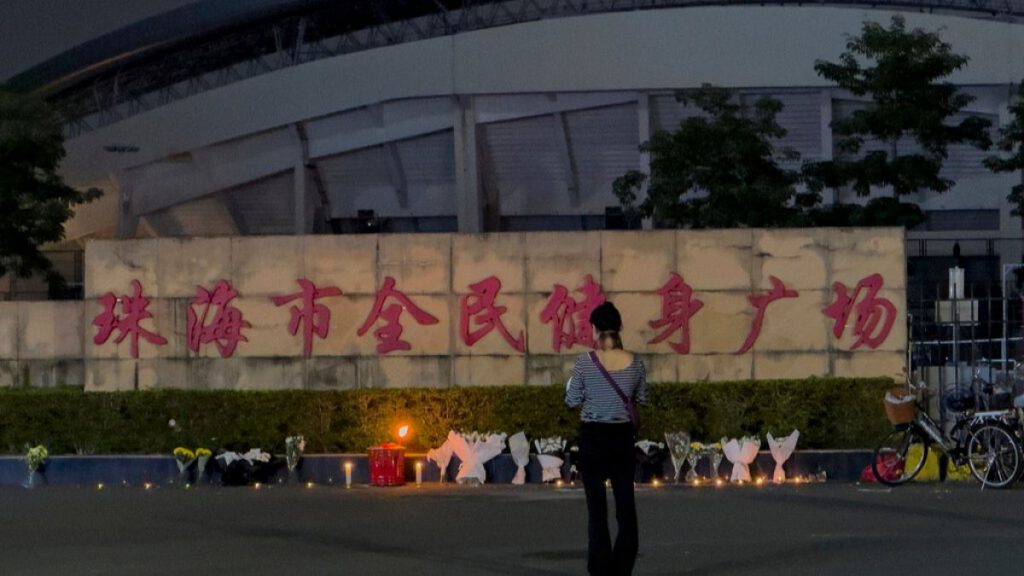The recent executions of two men in China, Fan Weiqu and Xu Jiajin, for committing mass violence have reignited concerns about “revenge-on-society” crimes and the Chinese government’s response to them. Fan, driven by resentment over his divorce settlement, plowed his car into a group of people exercising in a sports complex, resulting in the deaths of 35 individuals. Xu, a disgruntled vocational school student who failed his exams and faced the prospect of not graduating, embarked on a stabbing spree at his school, taking the lives of eight people and injuring 17 others. These incidents underscore a disturbing trend of individuals resorting to extreme violence seemingly motivated by personal grievances and frustrations.
The severity of these attacks, particularly Fan’s, which marked the deadliest mass casualty event in China since 2014, prompted a swift and decisive reaction from the Chinese government. President Xi Jinping condemned the acts as “extremely vicious” and demanded severe punishment for the perpetrators. This high-level attention reflects the government’s concern over the potential for such incidents to destabilize social order and challenge the narrative of safety and security often touted by the state. The executions, approved by the Supreme People’s Court after initial sentencing by lower courts, demonstrate the Chinese legal system’s unwavering stance on dealing with these types of crimes.
While China generally boasts a low rate of violent crime compared to many other countries, attributed in part to stringent gun control laws and pervasive surveillance, the recent spate of attacks raises questions about the underlying societal pressures that may be contributing to such outbursts. The government has responded by directing local authorities to proactively identify and address potential triggers for aggression, including personal disputes, marital problems, and inheritance conflicts. This approach, while potentially beneficial in preventing future incidents, also raises concerns about the increasing intrusion of the state into the private lives of citizens.
The government’s efforts to delve into personal disputes and grievances as a preemptive measure against violence, while ostensibly aimed at safeguarding public safety, could exacerbate existing anxieties about privacy and surveillance in China. The already extensive reach of the state into various aspects of life raises questions about the balance between security and individual freedoms. Critics argue that this approach could lead to an environment of heightened scrutiny and control, potentially stifling dissent and further curtailing personal liberties.
The executions of Fan and Xu, while serving as a stark reminder of the consequences of such heinous acts, have failed to quell the broader debate about the root causes of these “revenge-on-society” crimes. Some experts suggest that the rapid societal changes, coupled with economic pressures and increasing inequality, may be contributing factors. Others point to the limitations of mental health services and the lack of adequate support systems for individuals struggling with personal challenges. Addressing these underlying issues is crucial for effectively preventing future tragedies.
Moreover, the secrecy surrounding the number of executions carried out in China adds another layer of complexity to the issue. While the Chinese government maintains that the death penalty is reserved for the most serious crimes, the lack of transparency makes it difficult to assess the extent to which it is applied and whether it serves as an effective deterrent. Human rights organizations have long criticized China’s use of capital punishment, calling for greater transparency and a move towards its abolition. The recent executions underscore the ongoing tension between the government’s pursuit of social order and international calls for human rights reforms.














